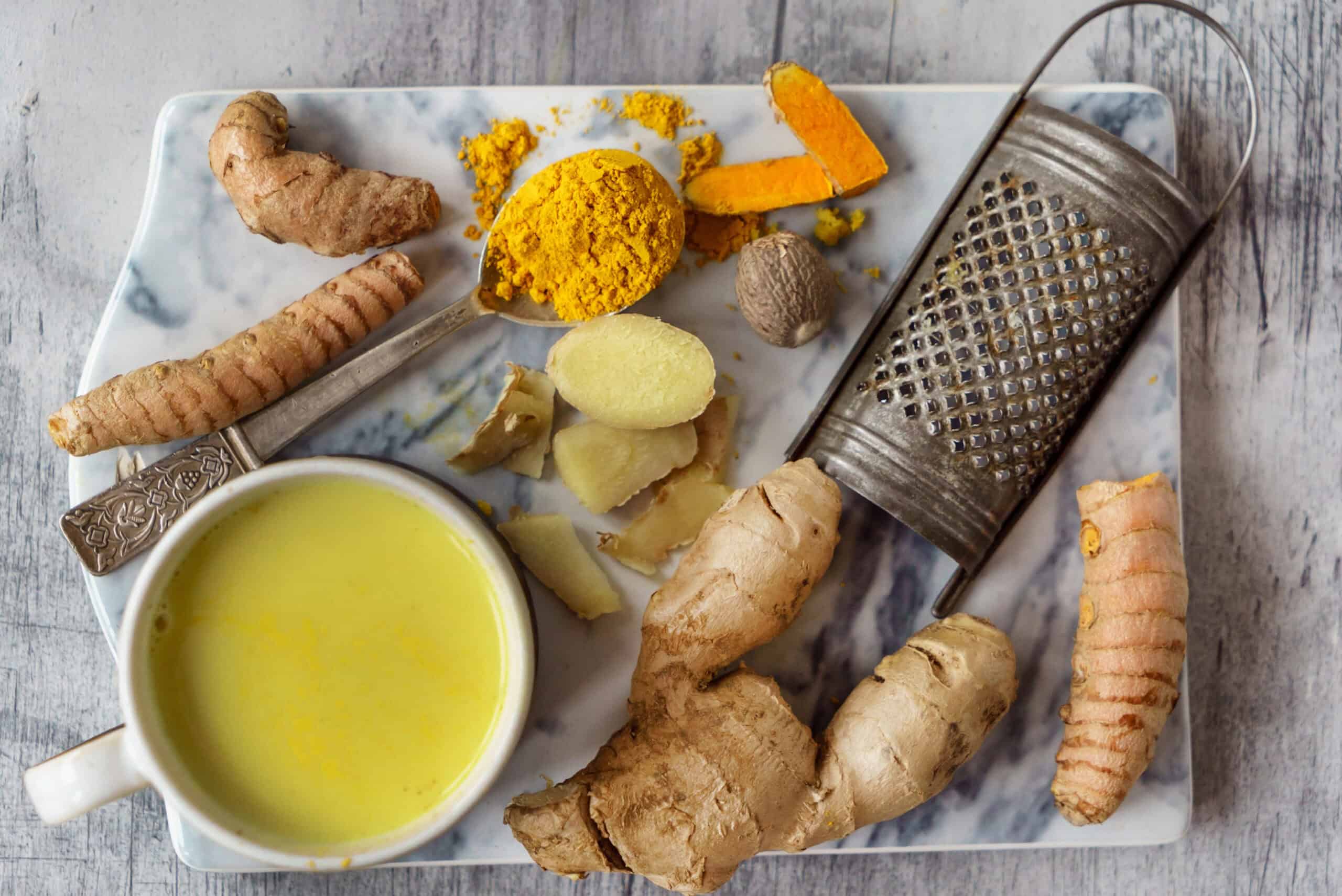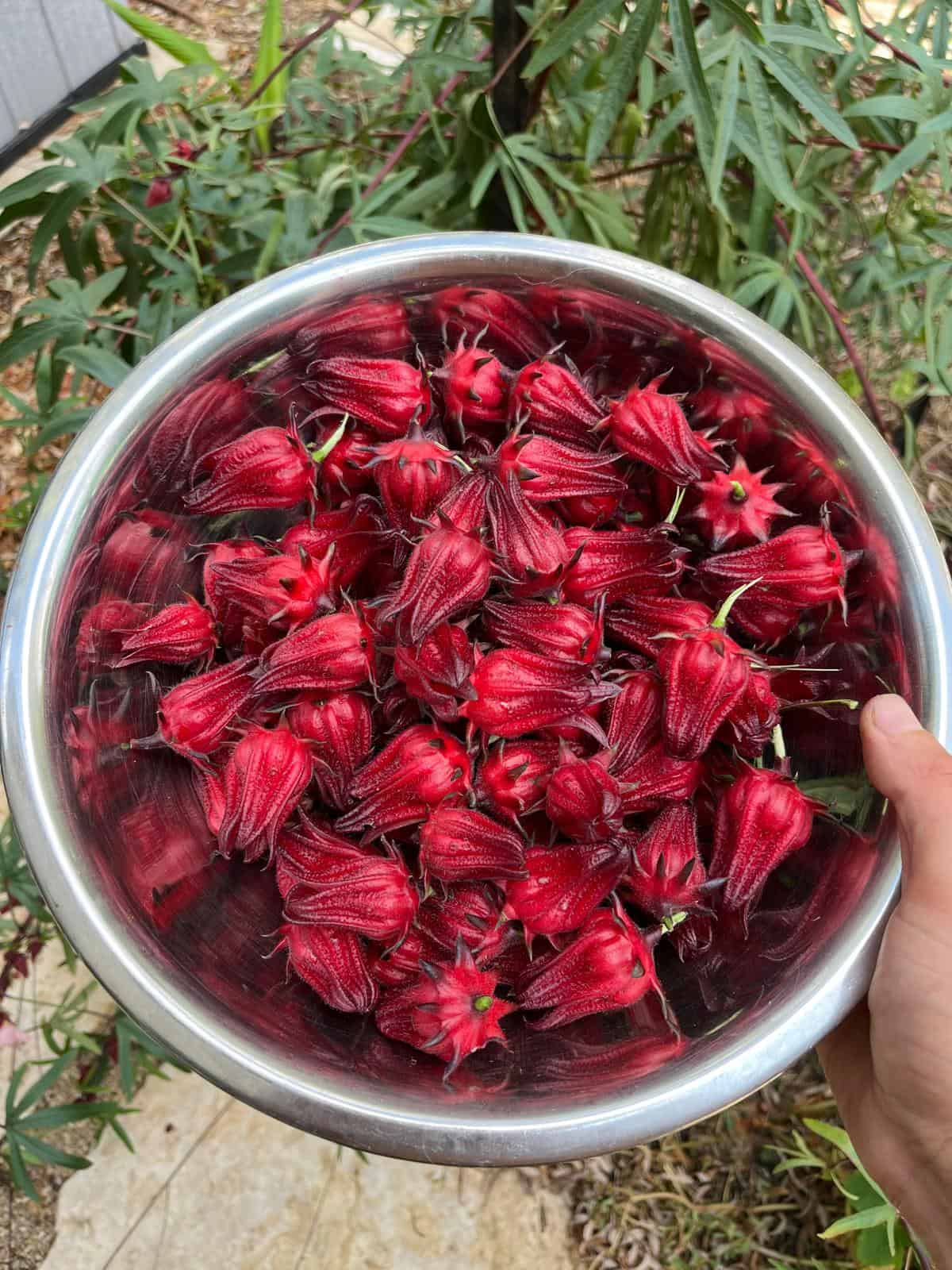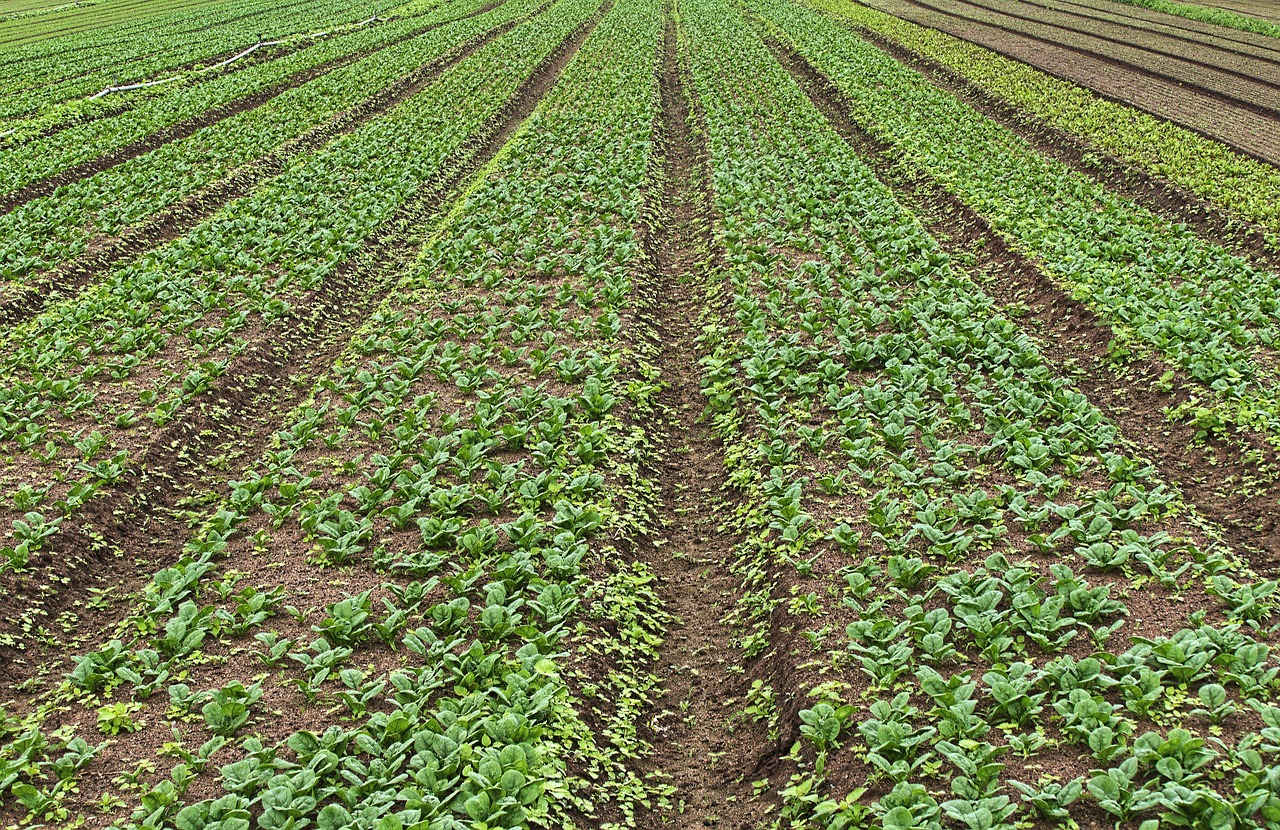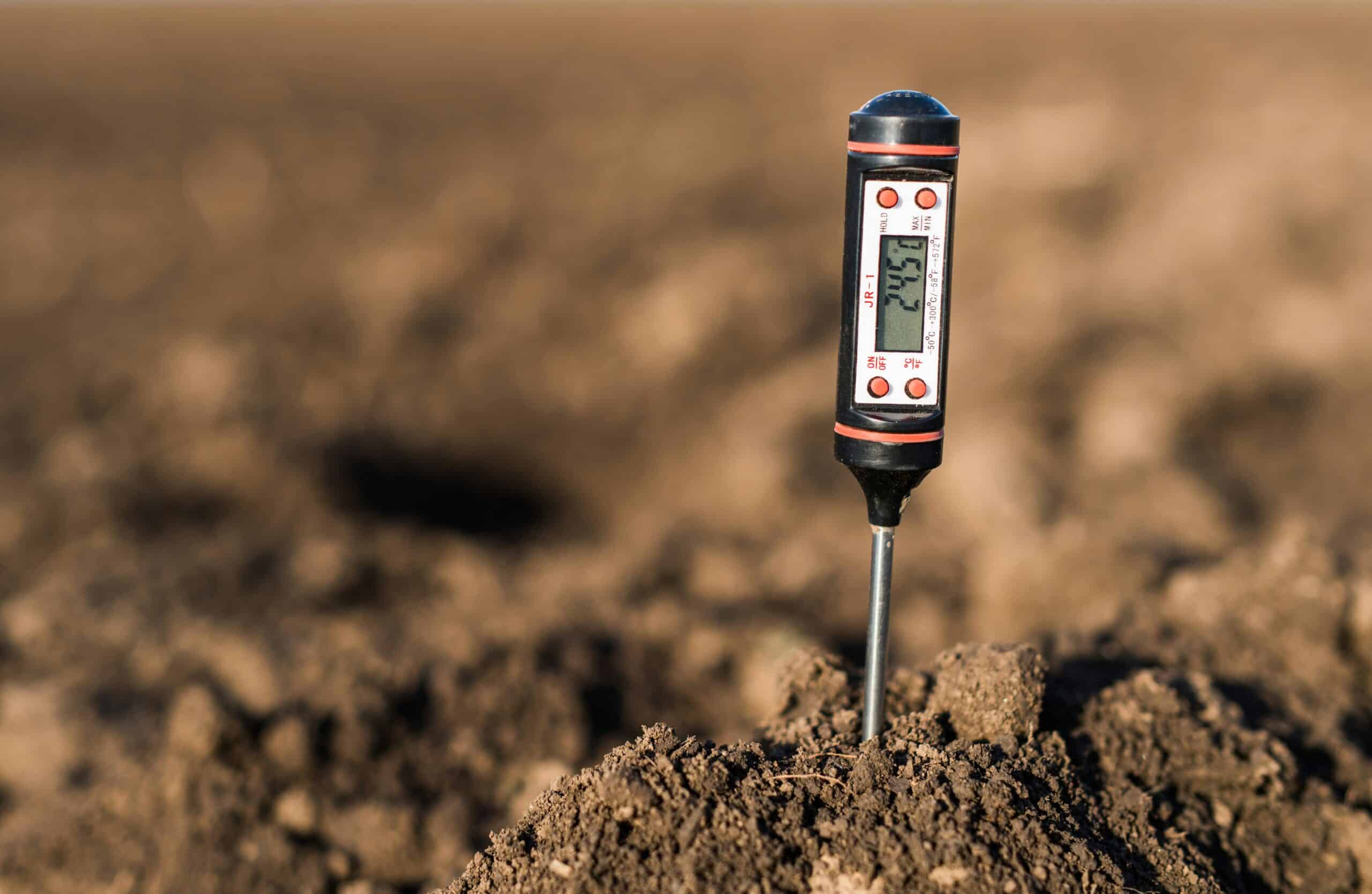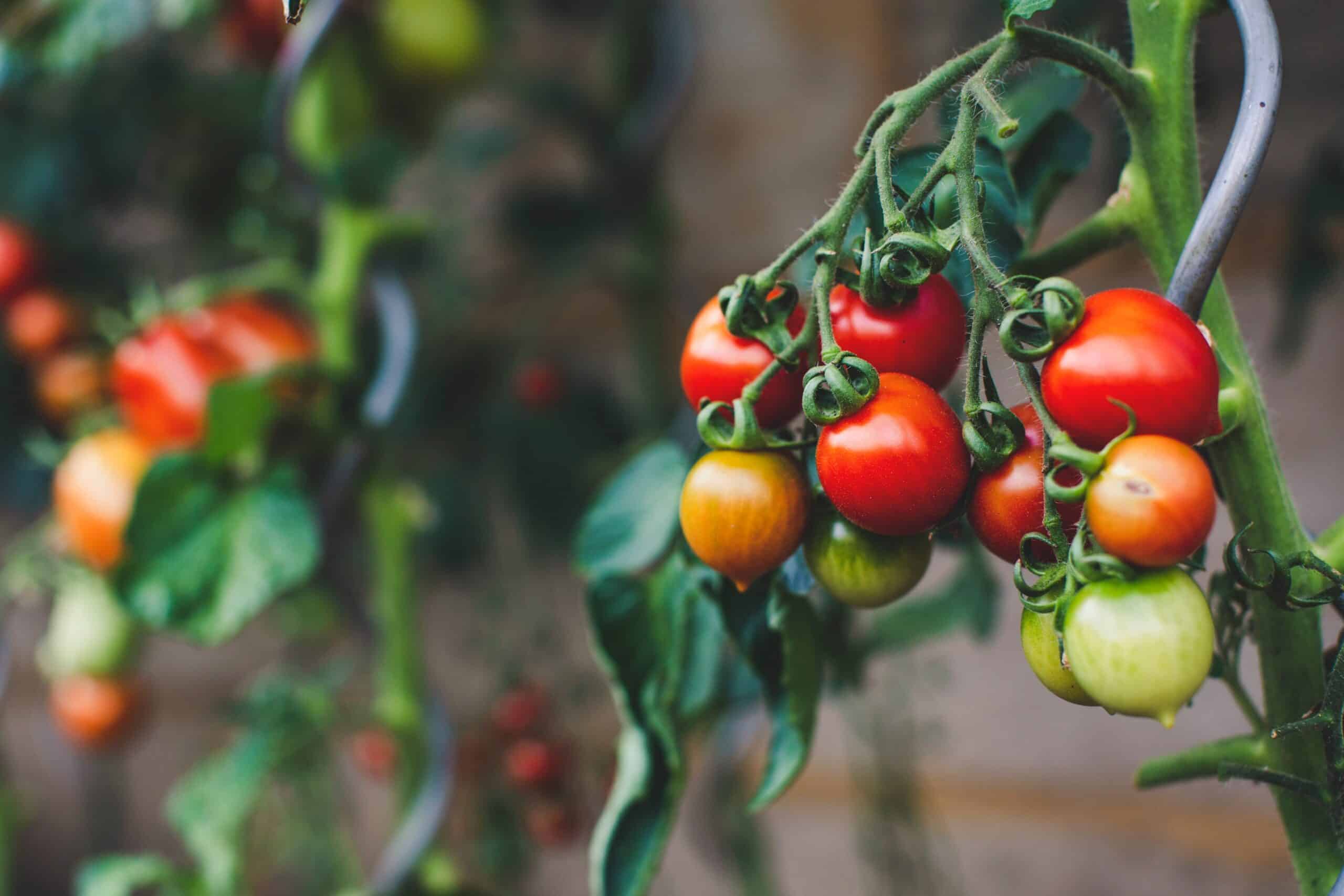Why Healthy Soil Matters for Your Gut and Mental Health
In our fast-paced world, the importance of maintaining good physical and mental health cannot be overstated. While there are numerous factors that contribute to our overall well-being, one often overlooked aspect is the connection between healthy soil, thriving plants, a balanced gut, and a healthy mind. This post will explore the powerful connection between healthy soil, plants, gut health, and mental well-being.
The Significance of Healthy Soil: Promoting Optimal Plant Growth and Nutrition
To truly understand the impact of healthy soil on our overall health, we must first recognize its importance in supporting the growth of vibrant and nutrient-rich plants. Healthy soil is rich in organic matter, which acts as a reservoir of nutrients essential for plant growth. It also promotes proper soil structure, allowing roots to penetrate and access these vital nutrients. By nurturing our soil, we create the foundation for robust plant growth and nutrition.
Healthy soil provides essential nutrients for plants, promoting optimal growth and abundant yields. Here are several key aspects of healthy soil that support both plants and humans:
- Microbial Diversity: A healthy soil ecosystem is teeming with microorganisms, including bacteria, fungi, and other beneficial microbes. These organisms play crucial roles in breaking down organic matter, cycling nutrients, and forming symbiotic relationships with plant roots. For instance, mycorrhizal fungi can help plants access water and nutrients more efficiently, leading to healthier crops and gardens.
- Soil Structure: Well-structured soil allows for proper drainage and aeration, which are essential for root development. Soil aggregates, formed by the interaction of organic matter and microorganisms, create spaces for air and water to circulate. This aeration not only benefits plant roots but also supports the overall health of the soil ecosystem.
- Nutrient Cycling: Healthy soil is capable of cycling nutrients effectively, ensuring that plants have access to the elements they need for growth. This process is facilitated by organic matter, which stores nutrients and releases them as plants require. By enhancing healthy soil through practices like composting and crop rotation, gardeners can support nutrient cycling and reduce the need for synthetic fertilizers.
Nutrient-Dense Produce and Gut Health: Fueling a Thriving Microbiome
The benefits of healthy soil extend far beyond the plant roots. When plants thrive in nutrient-rich soil, they absorb and accumulate essential vitamins, minerals, and antioxidants. Consuming nutrient-dense fruits, vegetables, herbs, and berries provides our bodies with the building blocks for optimal gut health. A healthy gut microbiome relies on diverse and beneficial microorganisms that play a crucial role in digestion, nutrient absorption, and immune function.
- Vitamins and Minerals: Plants grown in nutrient-rich soil are more likely to produce higher levels of vitamins and minerals. For instance, leafy greens like spinach and kale are excellent sources of vitamins A, C, and K, as well as minerals like iron and calcium. By prioritizing soil health, we ensure that our produce is packed with the nutrients necessary for maintaining good health.
- Antioxidants: Fruits and vegetables are also rich in antioxidants, which help combat oxidative stress in the body. Studies have shown that a diet rich in antioxidants can reduce inflammation and lower the risk of chronic diseases. By growing our own food or sourcing it from local, organic growers, we can maximize our intake of these beneficial compounds.
- Gut Microbiome Diversity: Consuming a variety of nutrient-dense produce supports a diverse gut microbiome. Each type of fruit and vegetable contributes different fibers and nutrients that feed specific strains of beneficial bacteria in the gut. This diversity is crucial for maintaining gut health, improving digestion, and supporting the immune system.
Gut Health and Mental Well-being: The Intricate Connection Explored
Recent scientific research has uncovered the intricate link between gut health and mental well-being. The gut-brain axis, a bi-directional communication system between the gut and the brain, allows them to constantly exchange information. This communication occurs through the vagus nerve and biochemical signaling. When our gut microbiome is imbalanced, it can lead to inflammation and disruption of neurotransmitter production, contributing to mental health conditions such as anxiety and depression. Nurturing a healthy gut through nutrient-rich food supports a positive mental state.
- Neurotransmitter Production: The gut is often referred to as the “second brain” because it produces many neurotransmitters, including serotonin, which is essential for mood regulation. In fact, about 90% of serotonin is produced in the gut. A healthy gut microbiome can enhance neurotransmitter production, leading to improved mood and reduced symptoms of anxiety and depression.
- Inflammation: Chronic inflammation is linked to various mental health issues. An imbalanced gut microbiome can contribute to systemic inflammation, exacerbating mental health conditions. By consuming a diet rich in anti-inflammatory foods, such as fruits, vegetables, whole grains, and healthy fats, we can help mitigate inflammation and support mental well-being.
- Stress Reduction: Engaging in activities that promote gut health, such as gardening, can also have a positive impact on mental health. Spending time outdoors and connecting with nature has been shown to reduce stress, improve mood, and enhance overall well-being. The act of nurturing plants and observing their growth can be therapeutic, providing a sense of purpose and accomplishment.
The Benefits of Growing Your Own Food: Empowering Health and Mindfulness
In a world dominated by convenience and processed foods, the act of growing our own food is a powerful antidote. Gardening not only allows us to cultivate healthy soil and plant life but also reconnects us with nature and promotes mindfulness. Engaging in the process of sowing, nurturing, and harvesting our produce provides a sense of accomplishment and control over what we put into our bodies. Additionally, spending time outdoors and connecting with nature has been shown to reduce stress, improve mood, and enhance overall well-being.
- Mindfulness in Gardening: Gardening encourages mindfulness, as it requires focus and attention to detail. The repetitive motions of planting, watering, and weeding can be meditative, allowing us to escape the distractions of daily life and connect with our surroundings. This mindfulness practice can help reduce anxiety and promote a sense of calm.
- Physical Activity: Gardening is also a form of physical exercise. It involves various activities such as digging, planting, weeding, and harvesting, which can help improve strength, flexibility, and endurance. Regular physical activity is essential for overall health and can contribute to improved mental well-being.
- Sustainability: Growing our own food is an environmentally friendly practice that reduces reliance on industrial agriculture. By cultivating a garden, we can minimize our carbon footprint and support biodiversity. This connection to sustainable practices can foster a sense of purpose and responsibility towards the environment.
Tips for Building Healthy Soil and Promoting Gut Health: Practical Steps for Success
To help you get started on your journey towards cultivating healthy soil and nurturing a thriving gut, here are some practical tips:
- Compost Regularly: Composting is an excellent way to enhance soil fertility and organic matter content. By recycling kitchen scraps, yard waste, and other organic materials, you can create nutrient-rich compost that will improve soil health and support plant growth.
- Rotate Your Crops: Crop rotation is essential for preventing the buildup of pests and diseases. By changing the location of specific plants in your garden each season, you can disrupt pest life cycles and maintain soil fertility.
- Use Natural Fertilizers: Opt for natural and organic fertilizers, such as compost tea or fish emulsion, to avoid harmful chemicals in your garden. These fertilizers not only nourish your plants but also support microbial activity in the soil.
- Incorporate Fermented Foods: Include fermented foods, prebiotic-rich foods, and probiotics in your diet to promote a healthy gut microbiome. Foods like yogurt, sauerkraut, kimchi, and kefir are excellent sources of beneficial microorganisms that can support gut health.
- Engage in Physical Activity: Regular physical activity and stress-reducing practices like meditation or yoga can significantly impact overall well-being. Aim for at least 30 minutes of physical activity most days to support both physical and mental health.
Conclusion
The connection between healthy soil, plants, gut health, and mental well-being is a profound reminder of the interdependence of nature and human health. By nurturing our soil, growing nutrient-dense produce, and fostering a healthy gut microbiome, we unlock the potential for optimal physical and mental well-being. Embrace the transformative power of healthy soil and gardening, and embark on a journey towards a healthier, happier you.

